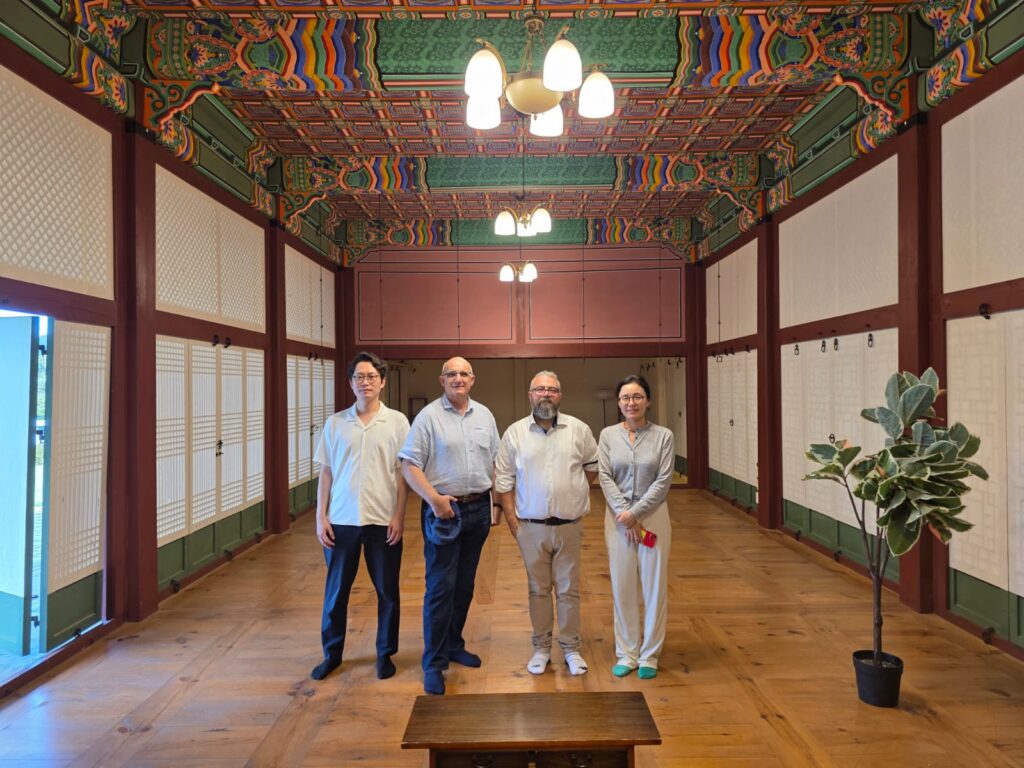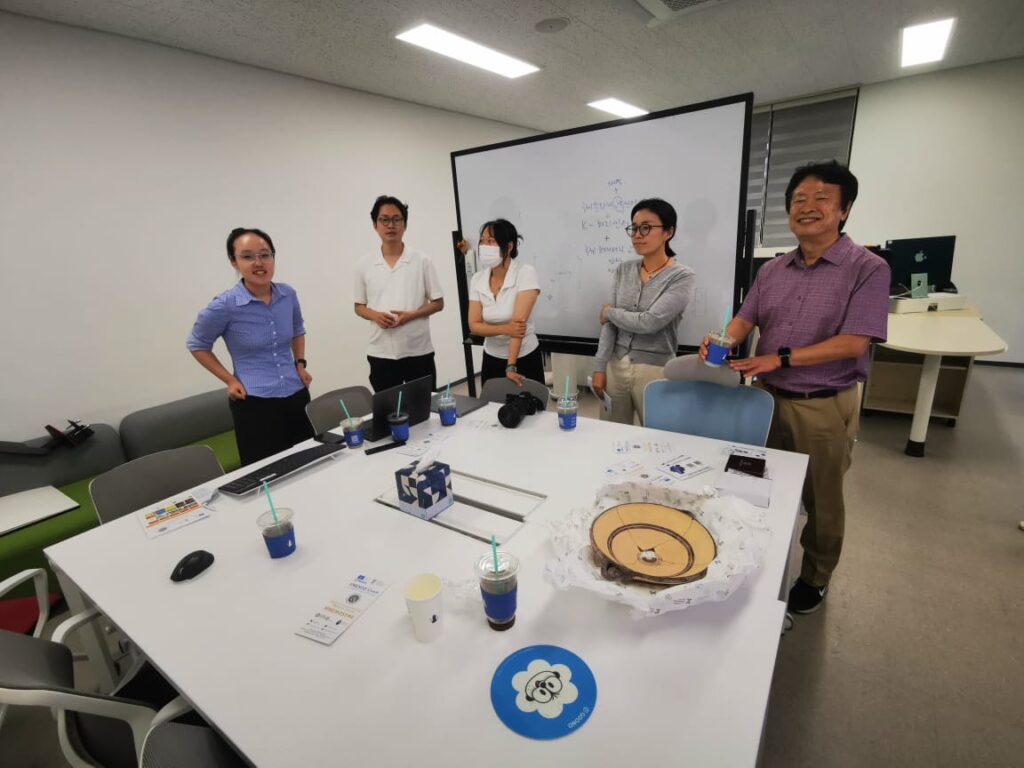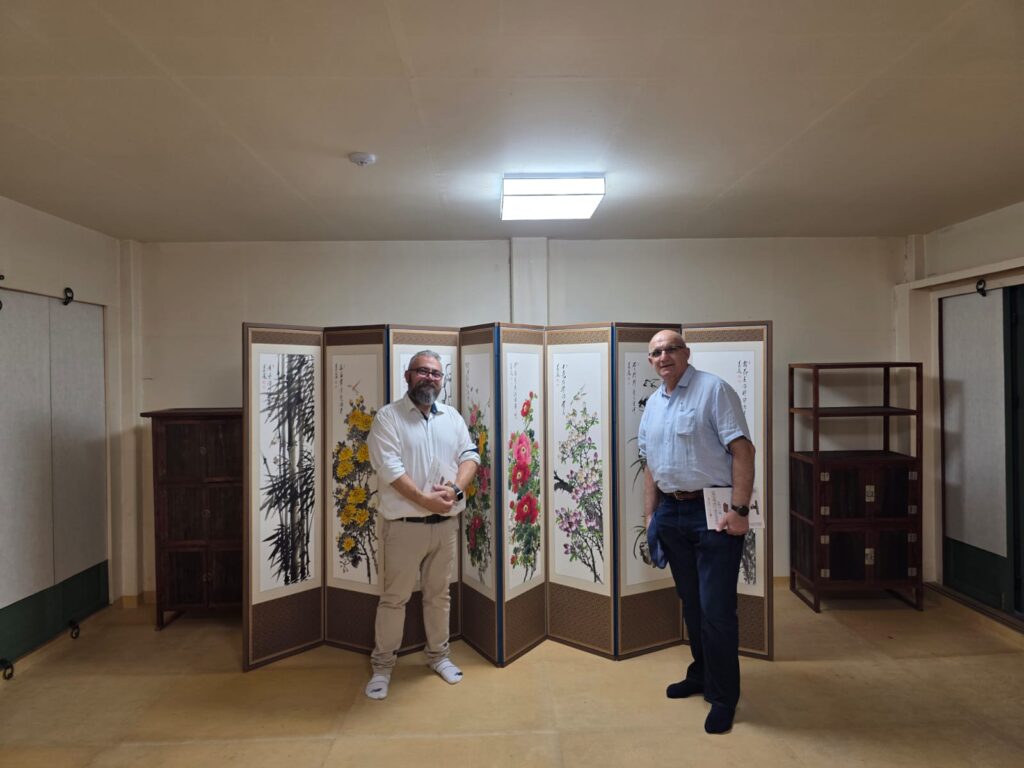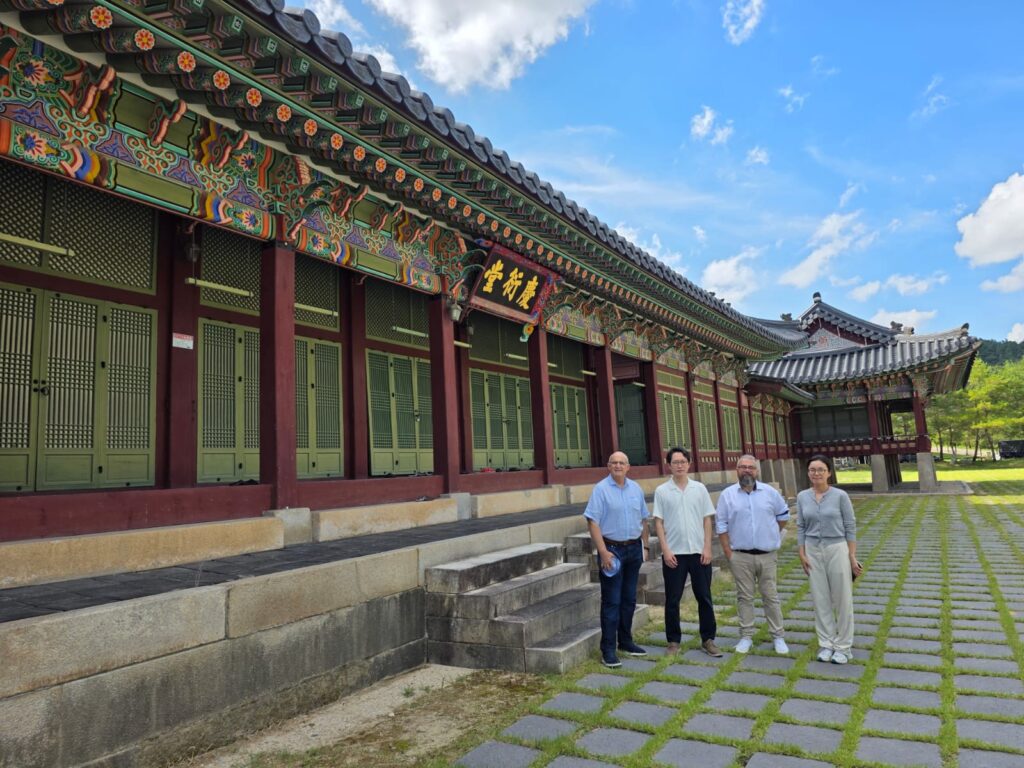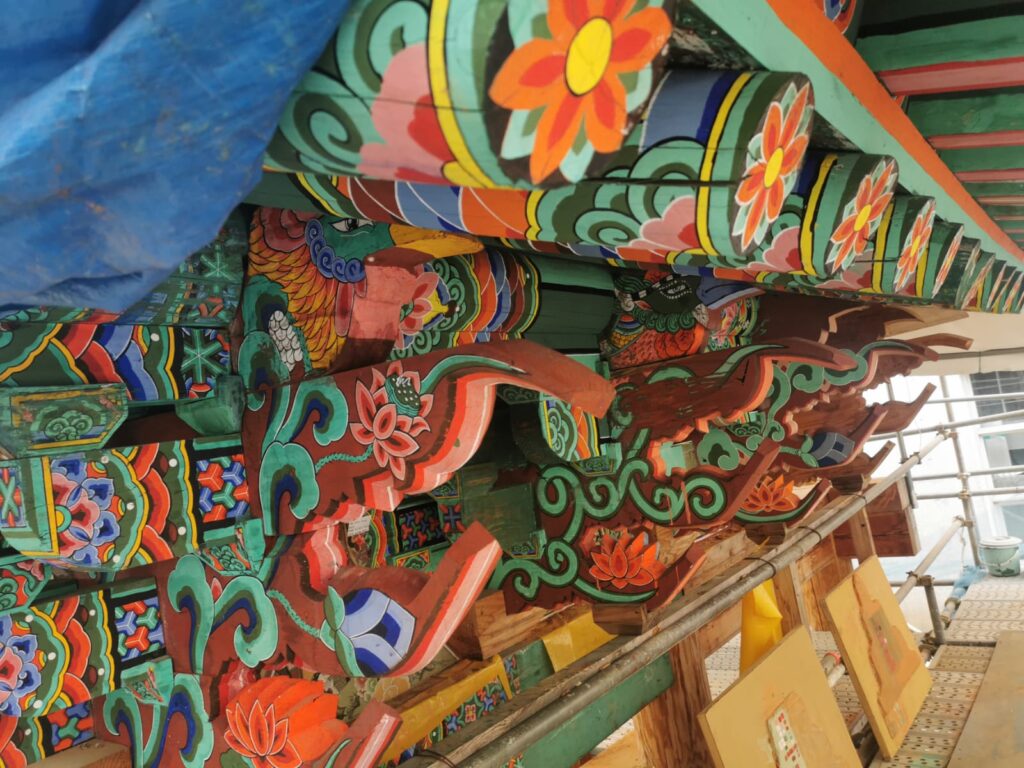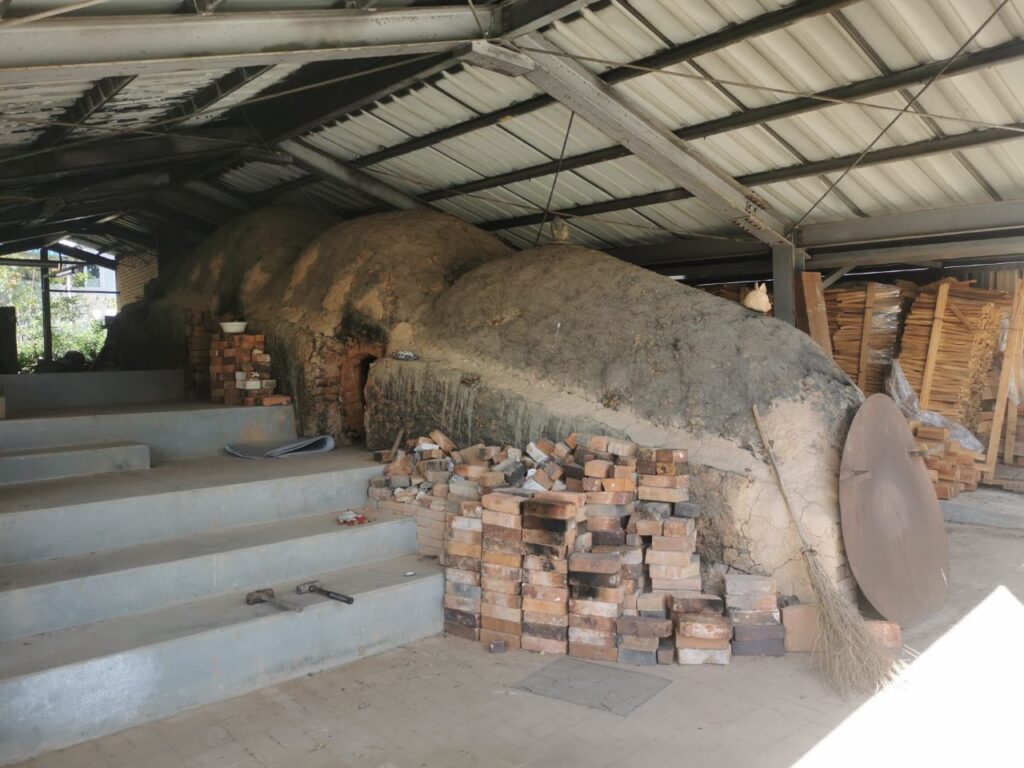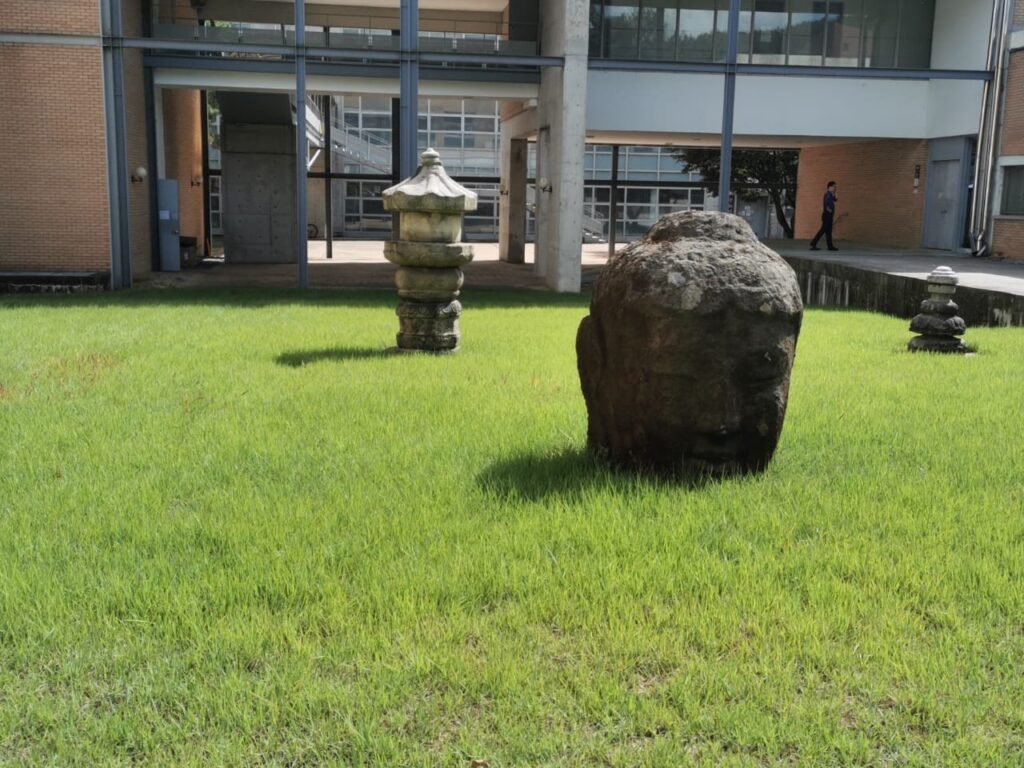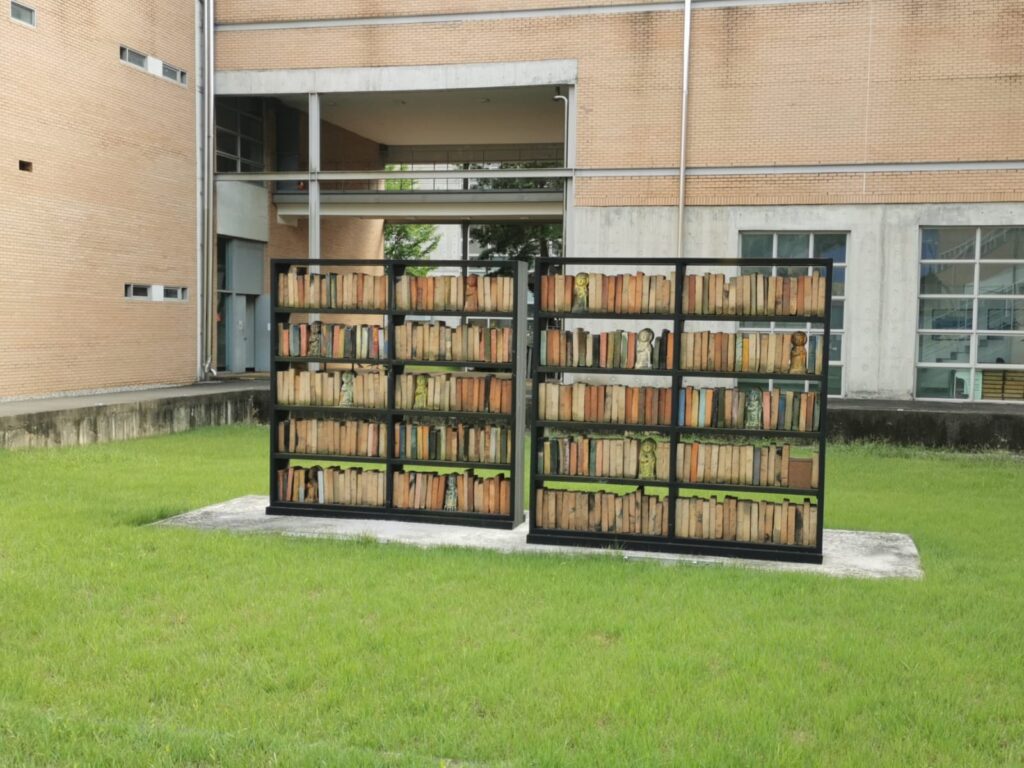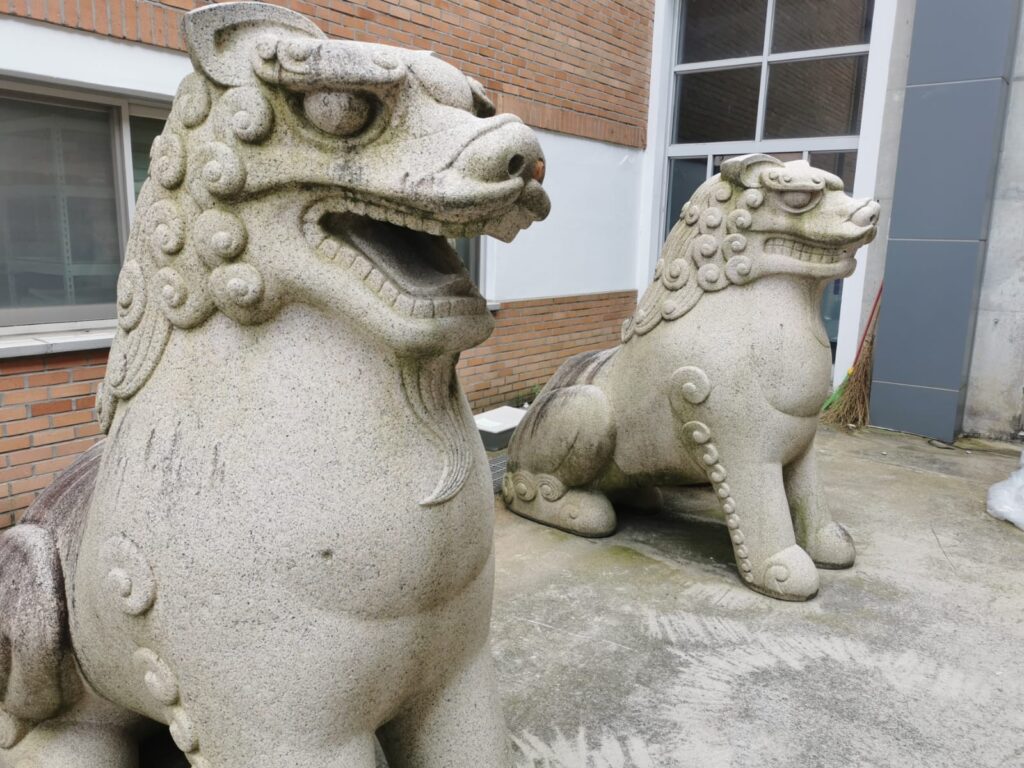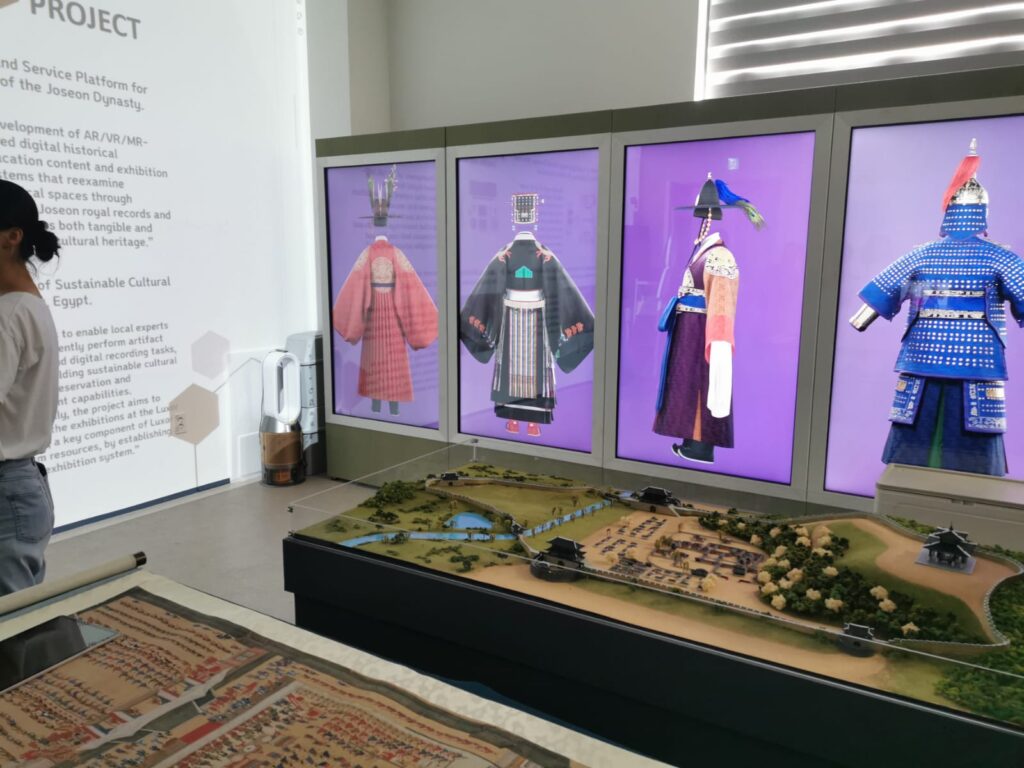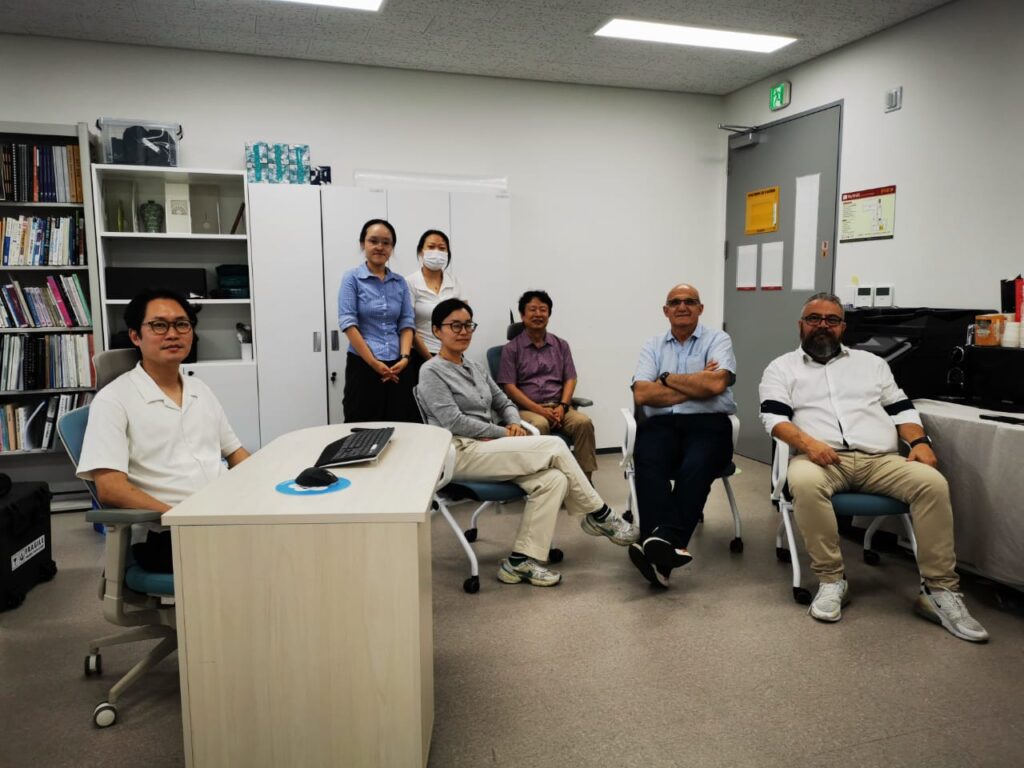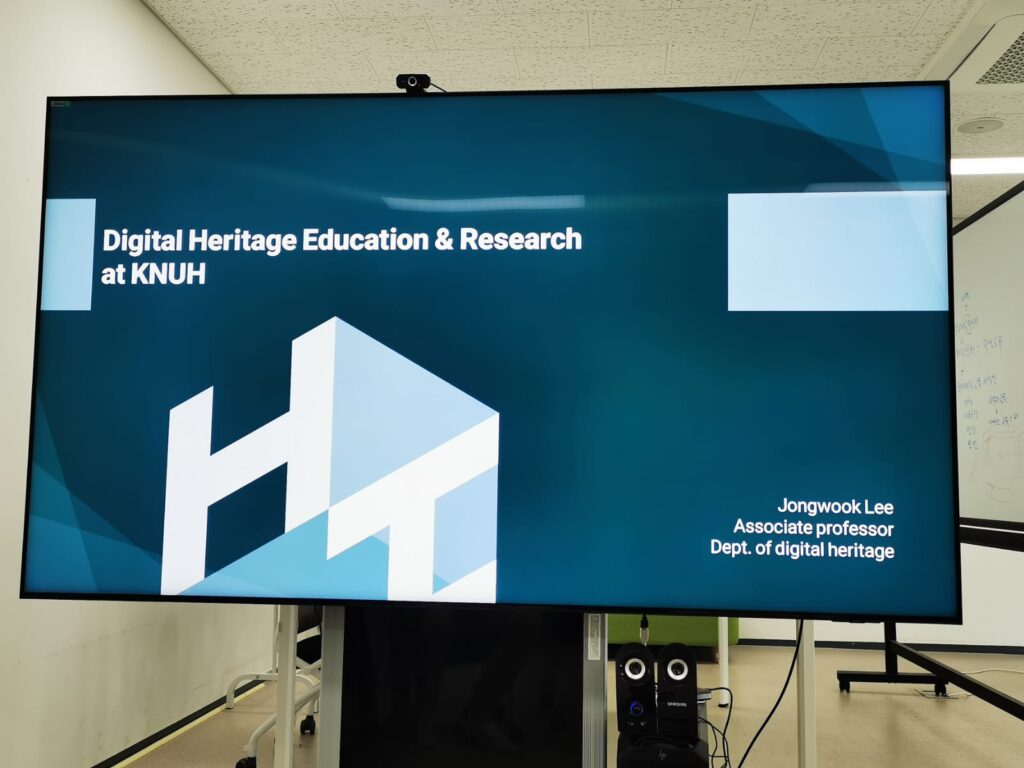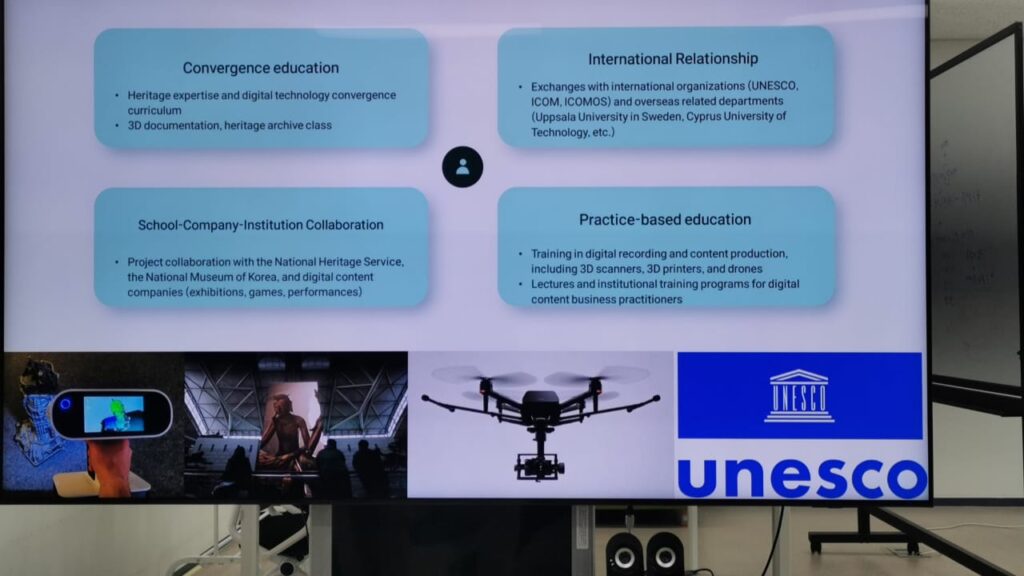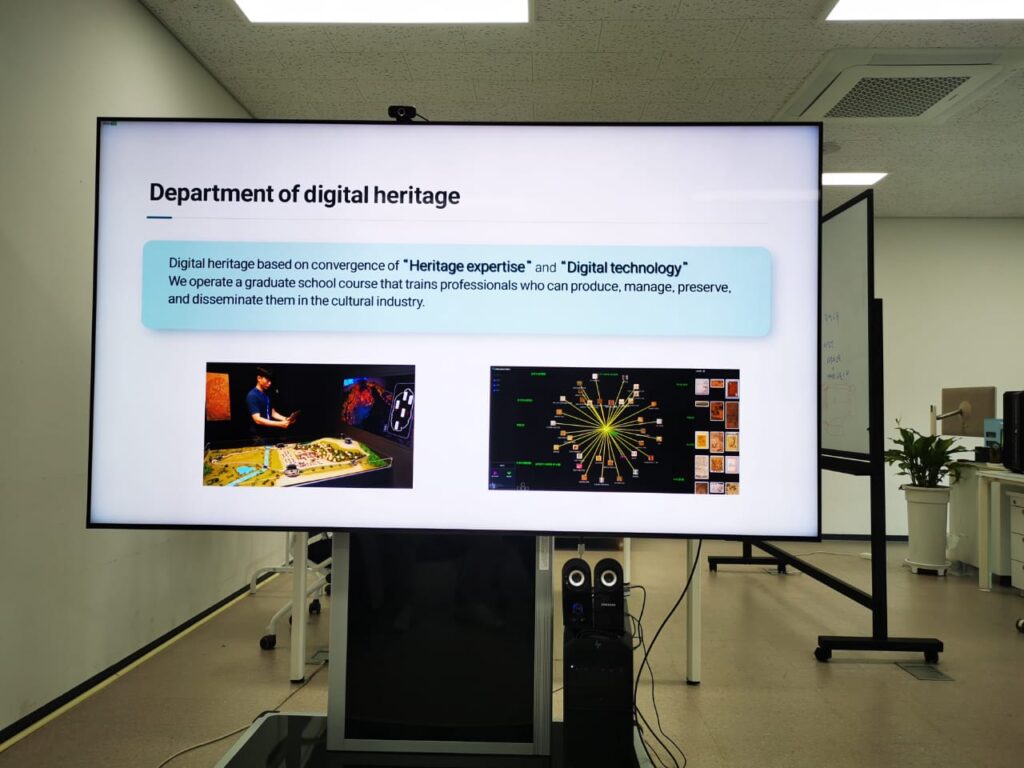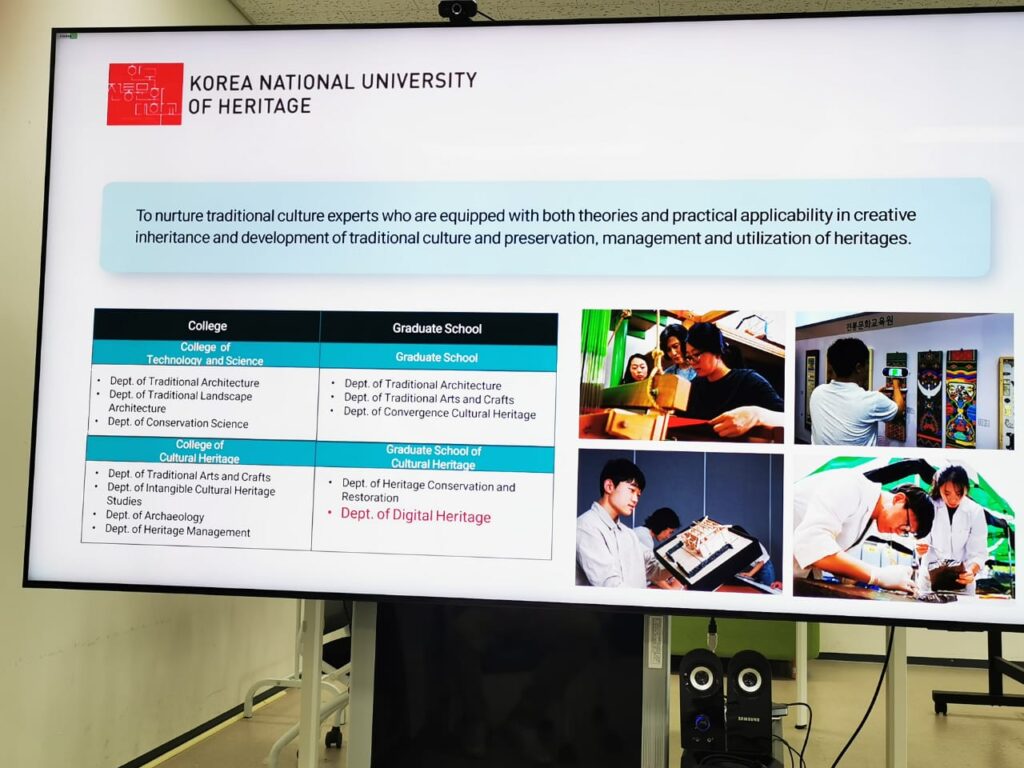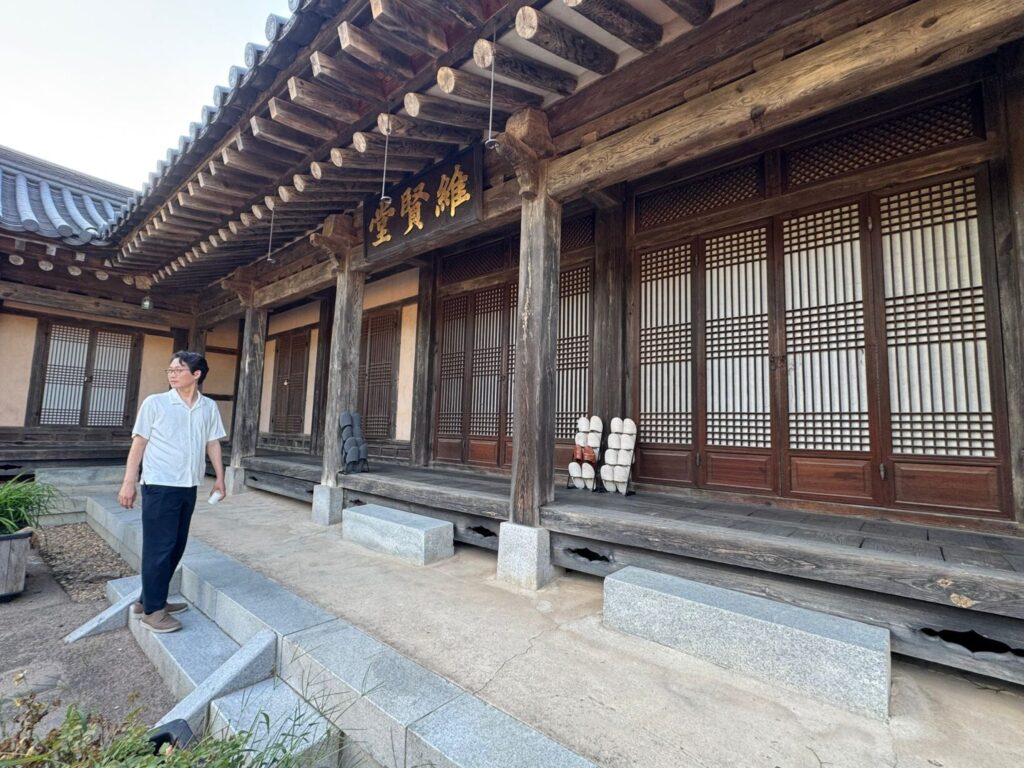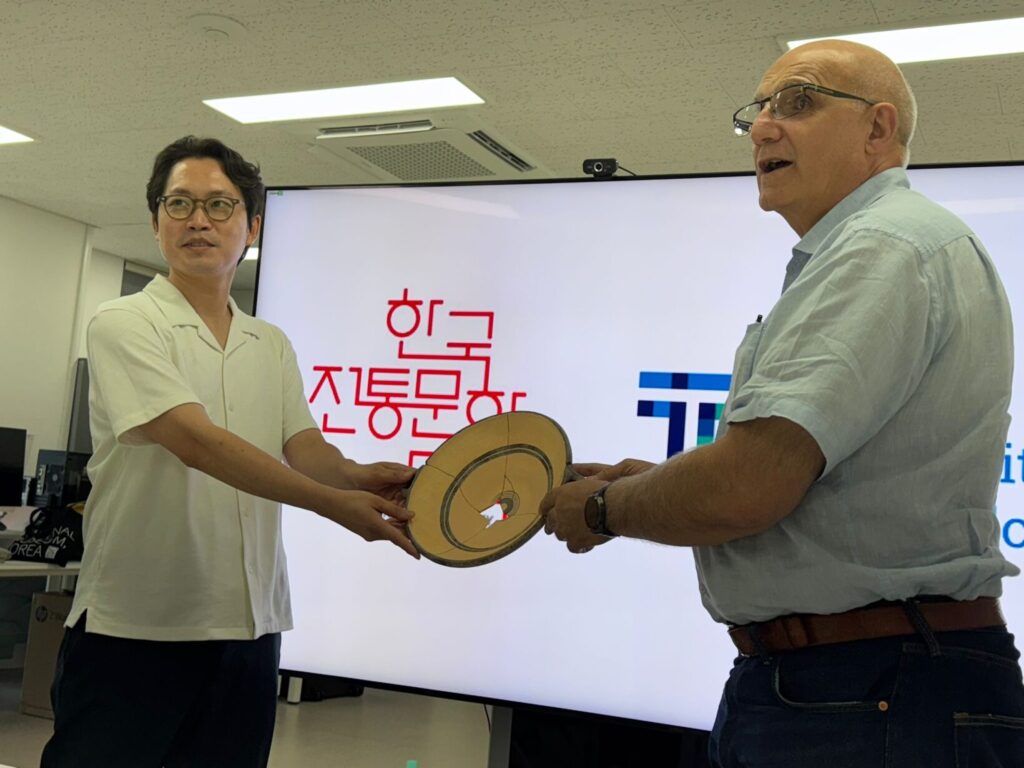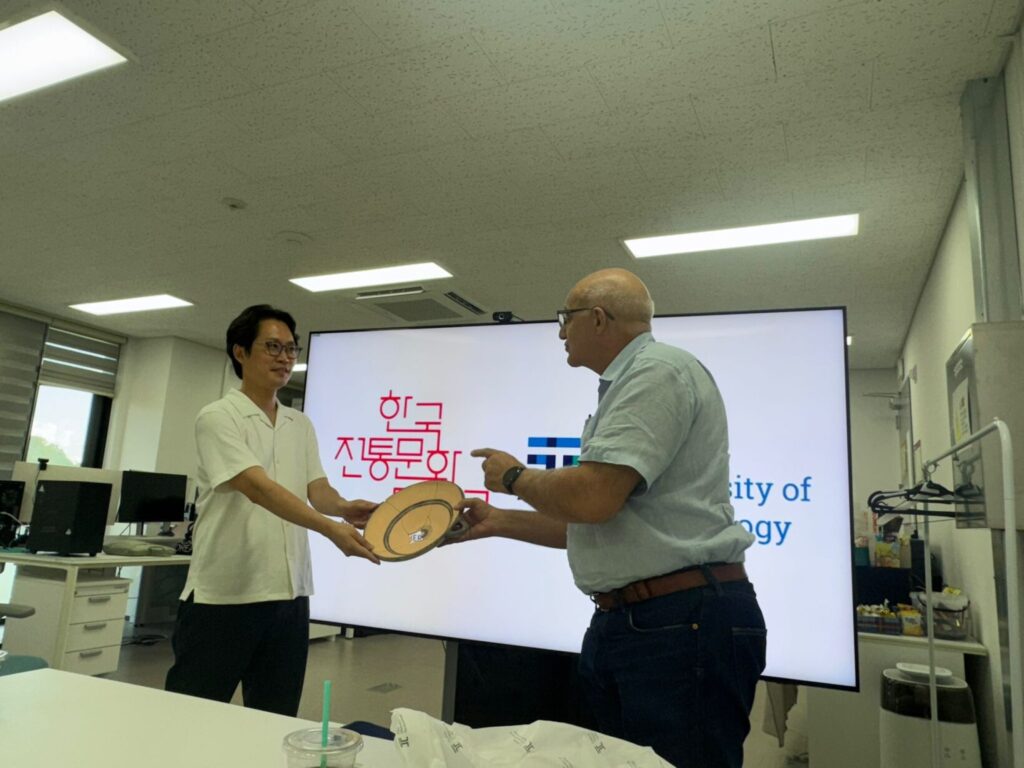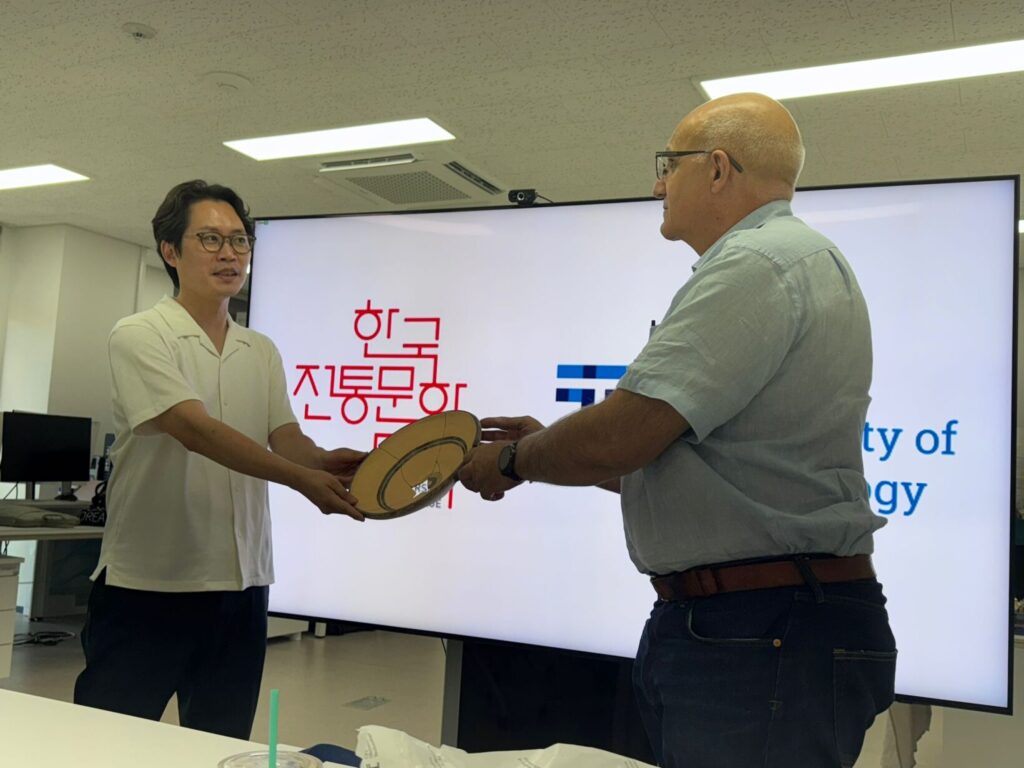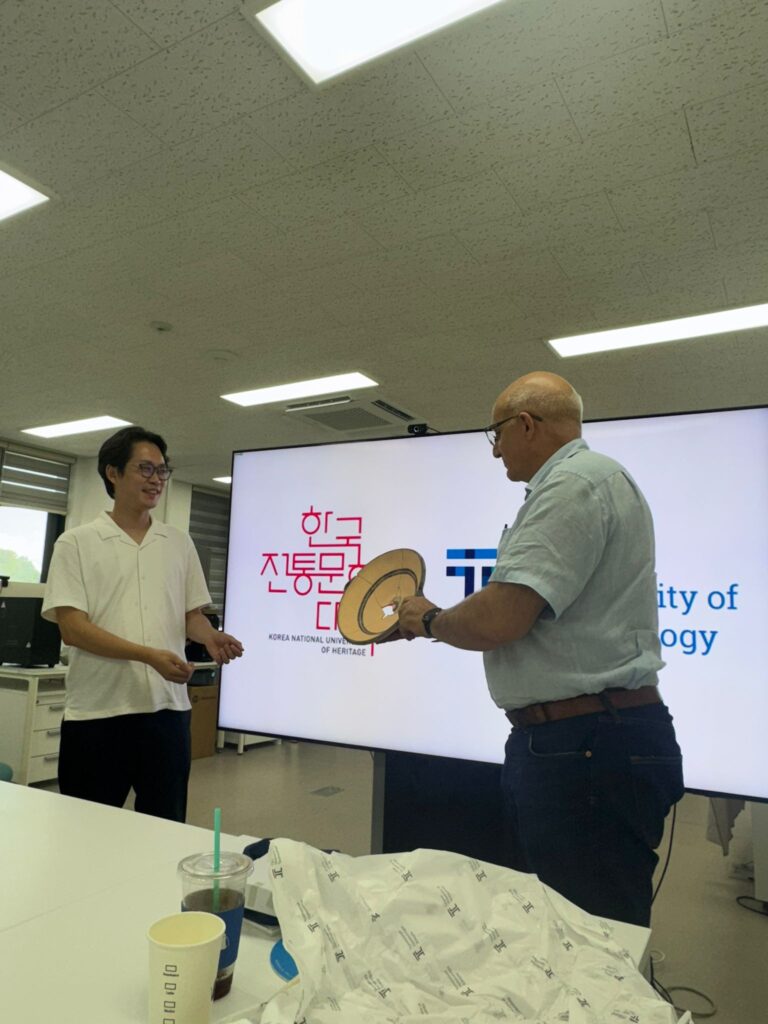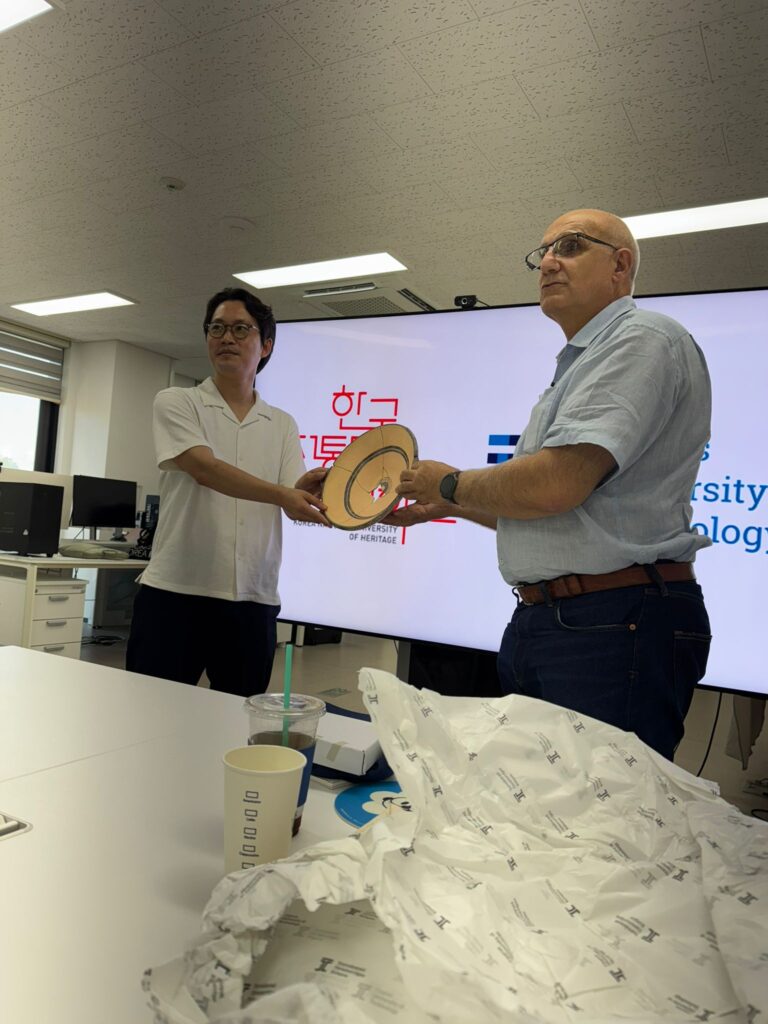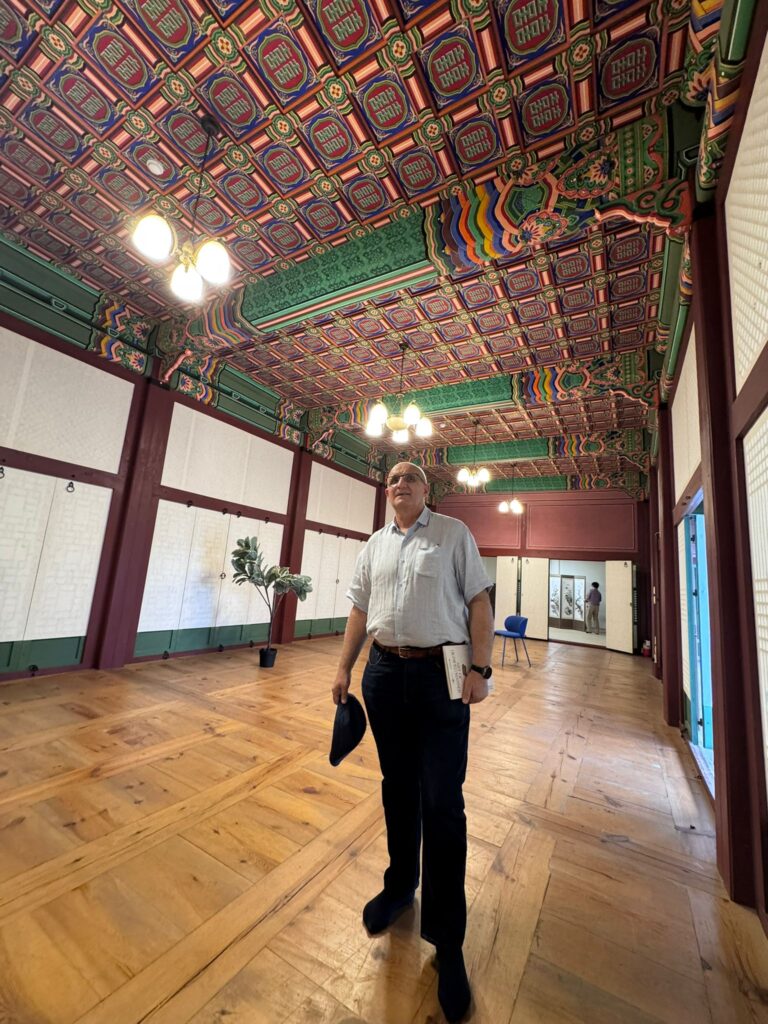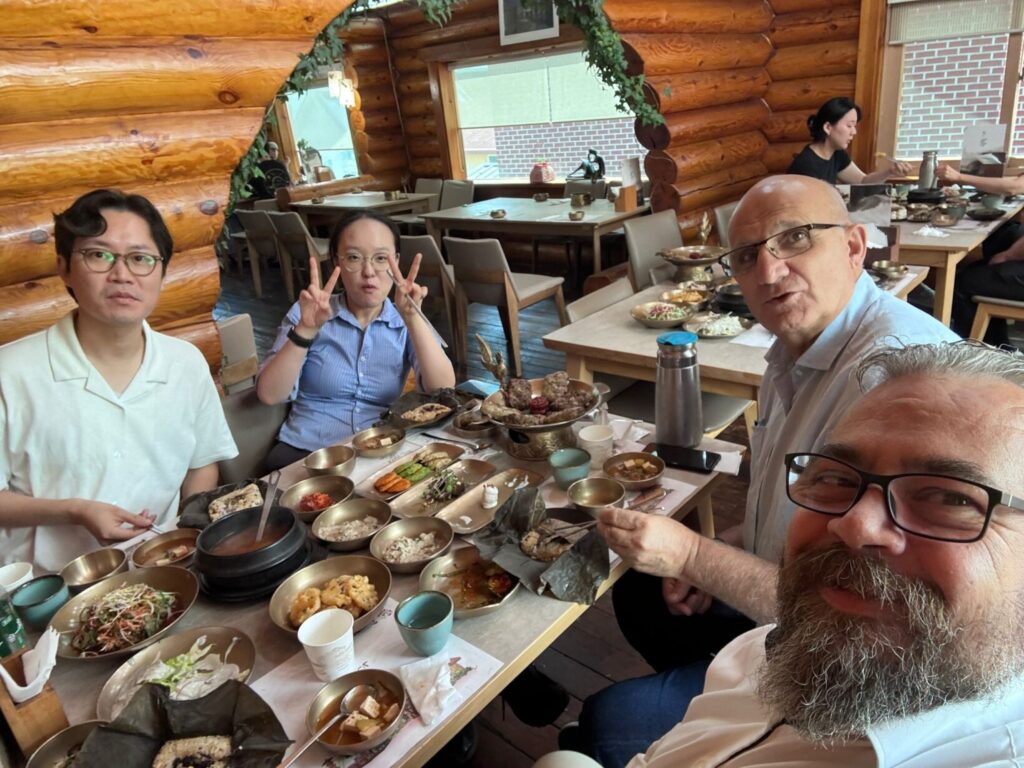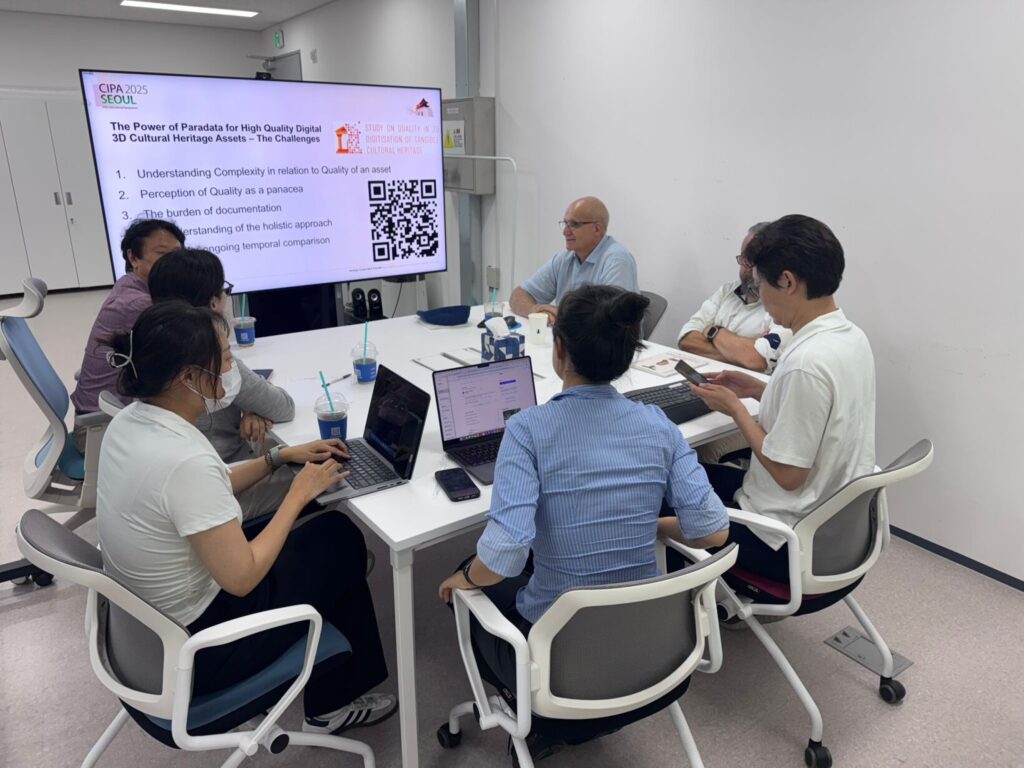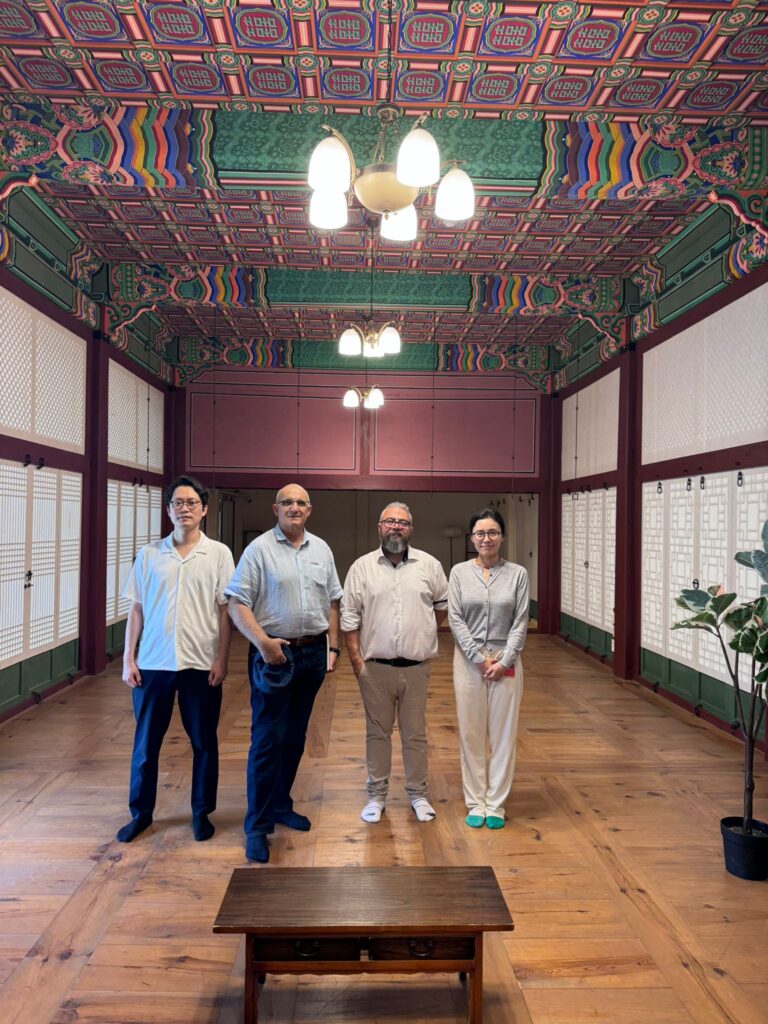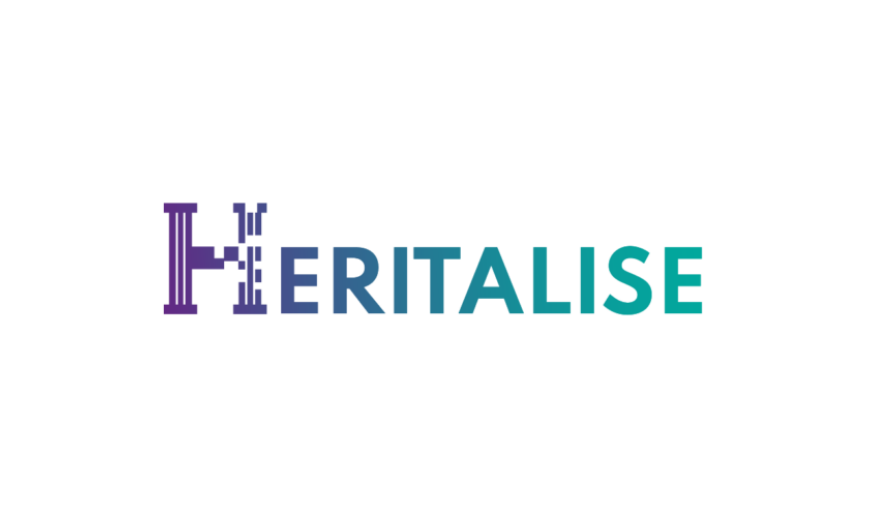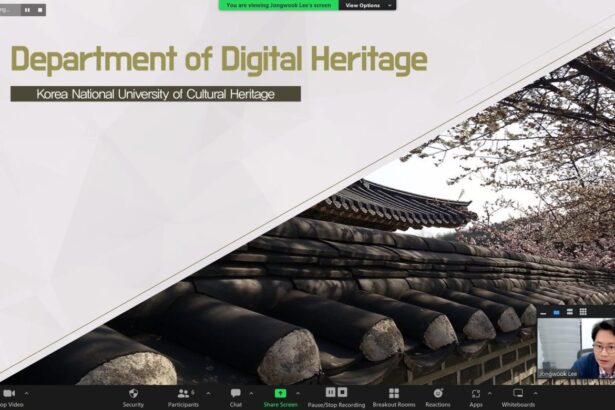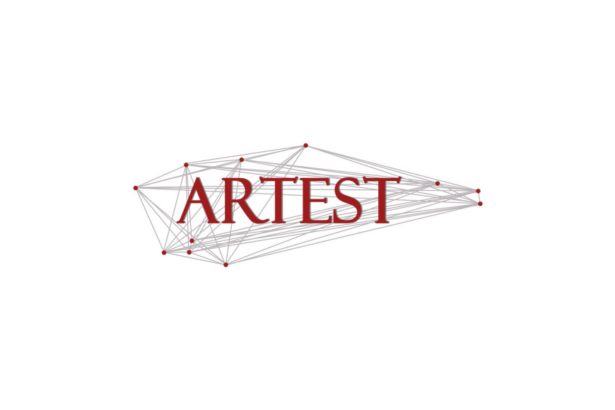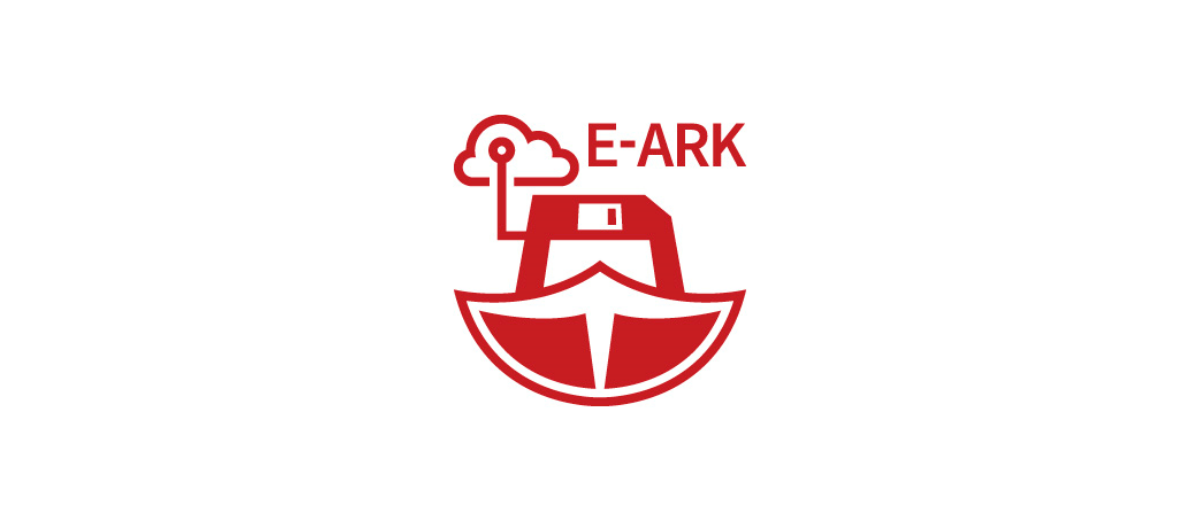From August 25–29, 2025, Seoul hosted the 30th CIPA Heritage Documentation International Symposium under the theme “Heritage Conservation from Bits: From Digital Documentation to Data‑driven Heritage Conservation.” Organised by CIPA—a longstanding international committee established in 1968 by ICOMOS (International Council on Monuments and Sites) and ISPRS (International Society for Photogrammetry and Remote Sensing)—this biennial event is a cornerstone gathering for professionals in cultural heritage documentation.
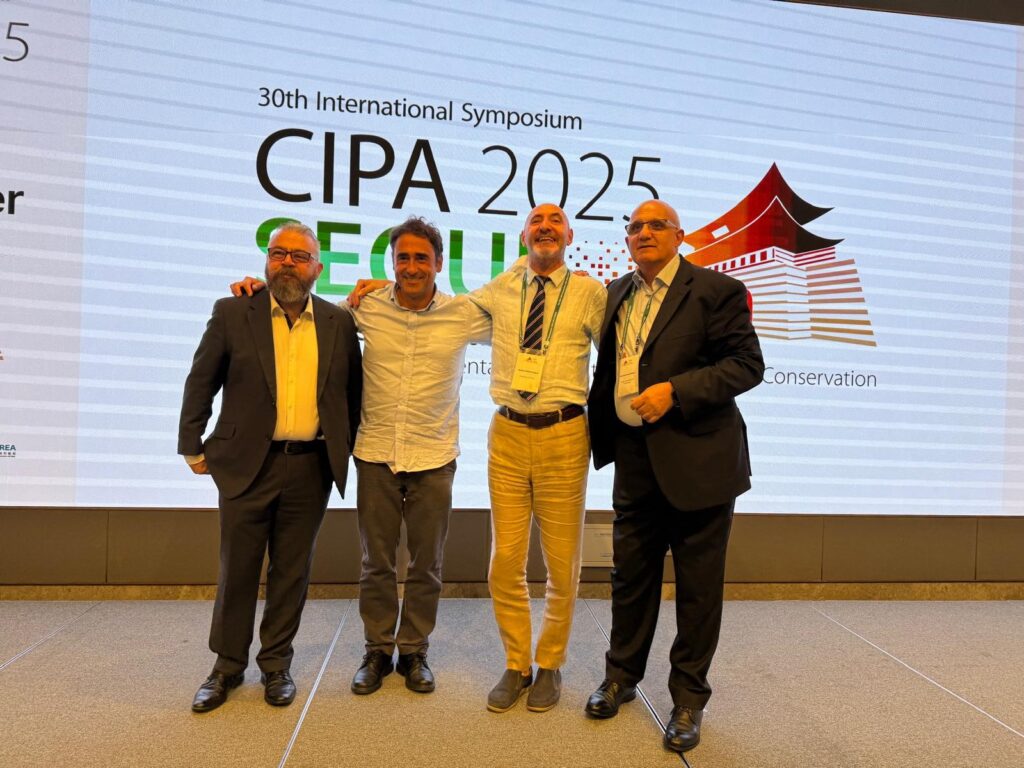
We are proud that HERITALISE was prominently represented at this prestigious symposium through three insightful presentations delivered by experts from partner organisations, each highlighting the project’s interdisciplinary and innovative strengths.
- Prof. Marinos Ioannides (UNESCO Chair on Digital Cultural Heritage) emphasised the urgent need for quality certification in heritage data acquisition. He argued that without adherence to certified standards, digital heritage risks losing its long-term value. His presentation also underscored the importance of paradata recording—transparent documentation of data capture processes—to foster trust and accountability.
- Anthony Cassar (Head at Heritage Malta) introduced the Memory Twin framework, a transformative evolution of the digital twin concept. This holistic methodology integrates authentic identity, community memory, and adaptive reuse strategies. His presentation, centered on the Villa Portelli case study within HERITALISE, sparked vibrant discussion and drew significant interest for its practical, community-centered approach.
- Alberto Mendikute (Tekniker) and Andrea Lingua (Politecnico di Torino) showcased HERITALISE’s fusion of advanced technologies and cross-disciplinary collaboration. Their talk highlighted how the project supports authenticity, sustainable heritage use, and future-ready preservation practices.
Beyond the formal presentations, HERITALISE team members actively participated in numerous related sessions, roundtable discussions, and networking opportunities throughout the week. These engagements allowed us to share the Memory Twin approach with a broader professional audience, fostering new collaborations and reinforcing HERITALISE’s role in shaping the future of heritage documentation.
A particularly meaningful moment came on Friday, August 29, when Prof. Ioannides and Anthony Cassar visited the conservation laboratories at the National University of Cultural Heritage (한국전통문화대학교). There, they witnessed the dedication of scholars and students practising traditional arts and techniques—from textile and painting conservation to loom weaving and architectural heritage painting. This visit underscored a profound truth: preserving cultural heritage is not only about safeguarding physical artefacts, but also about sustaining the intangible knowledge, skills, and traditions that give them life—the very layers of meaning that form their Memory Twin.
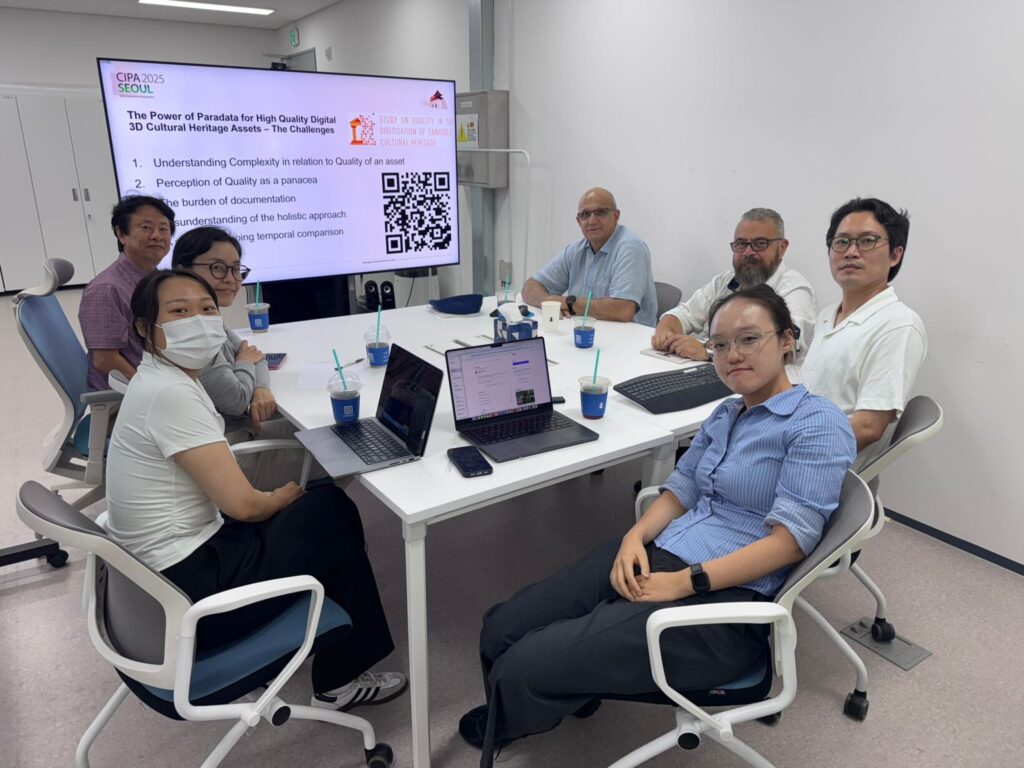
We are honored to be collaborating with such a prestigious institution to advance this methodology, bridging tangible and intangible heritage to ensure that memory, craft, and identity are preserved for future generations.
The active participation of Heritage Malta, Cyprus University of Technology, Tekniker, and Politecnico di Torino at CIPA 2025 exemplified HERITALISE’s collaborative spirit and strategic outreach. Through impactful presentations, dynamic discussions, and targeted networking, the partners not only elevated the project’s visibility but also forged meaningful connections with Korean institutions. Their visit to the National University of Cultural Heritage further deepened this engagement, laying the groundwork for future collaboration. This initiative stands as a compelling example of how Horizon-funded research fosters interdisciplinary innovation and builds bridges between top universities and research organisations across Europe and Asia.
